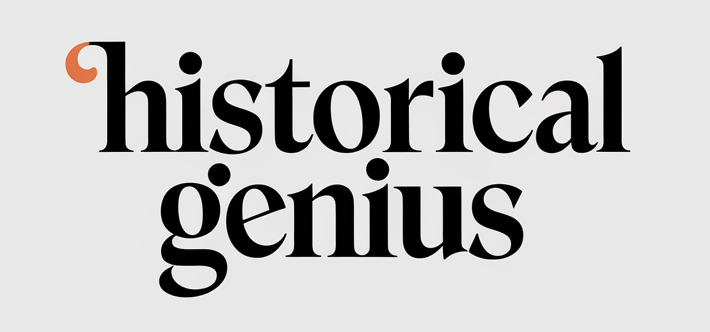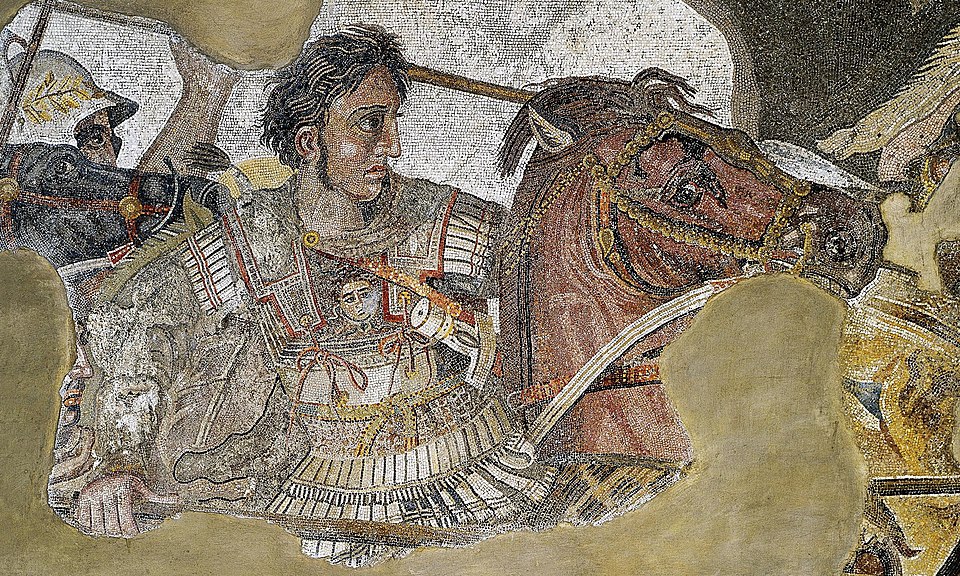Some people leave a mark by writing a good tweet. Others? They reroute the entire timeline of civilization. This article is about those history-altering overachievers—the leaders whose decisions, ideas, or sheer stubbornness transformed the world in ways that still echo today. We’re not just talking about power-hungry conquerors or golden-throned monarchs. Some were thinkers, reformers, and game-changers who shaped culture, government, and everything in between. Let’s meet ten legacy-makers who didn’t just ride history—they steered it.
Alexander the Great Had No Chill About Conquering
Alexander wasn’t content with just ruling Macedonia—he wanted to see how far he could stretch the known world. Spoiler: pretty far. By the time he was 30, he’d built an empire from Greece to India, spreading Greek language, culture, and some very questionable armor choices. Cities named after him popped up everywhere—classic overachiever move. His death left a power vacuum, but the cultural fusion he started? That stuck around.
Cleopatra Played Politics Like a Pro
Cleopatra wasn’t just about eyeliner and dramatic entrances—she was a highly educated ruler who spoke multiple languages and knew how to play geopolitical chess. She managed to align with two of Rome’s most powerful men, Julius Caesar and Mark Antony, and kept Egypt independent while everyone else was getting annexed. Her story didn’t end well, but her political savvy and charisma made her a legend for a reason.
Genghis Khan Redefined Empire Building
You’ve probably heard his name whispered in awe or fear—both are valid. Genghis Khan went from being an outcast to creating the largest contiguous land empire in history. His leadership transformed nomadic tribes into a hyper-efficient war machine. He connected the East and West through trade and communication networks, and his influence reshaped borders, economies, and even family trees. Seriously, his DNA is still floating around today.
Ashoka Turned From Warrior to Peace Preacher
Ashoka started out like many kings—conquering stuff. But after a particularly bloody campaign, he had a massive change of heart. Instead of expanding his empire through violence, he embraced Buddhism and focused on governing with compassion, fairness, and moral values. He spread those ideals far and wide through stone edicts and public works. Basically, he swapped swords for sermons and helped shape the moral backbone of South Asian history.
Queen Elizabeth the First Was Not Here for Nonsense
Ruling as a single woman in the 1500s was no picnic, but Elizabeth I did it for over four decades without marrying anyone just to keep power. She navigated political chaos, religious conflict, and more assassination plots than most of us have unread emails. Under her leadership, England saw a cultural and naval boom—hello, Shakespeare and the defeat of the Spanish Armada. Her reign became known as a golden age, and she left the monarchy stronger than she found it.
Mansa Musa Flexed So Hard He Crashed Economies
When Mansa Musa, the ruler of Mali, went on a pilgrimage to Mecca in the 1300s, he didn’t just travel—he arrived with so much gold he caused inflation. Seriously. But he wasn’t just rich; he was smart. He developed trade, promoted education, and helped make Timbuktu a center of Islamic learning. His reign highlighted the wealth and sophistication of West Africa, even if he did break a few economies along the way.
Abraham Lincoln Held the Union Together With Grit and a Beard
Lincoln came into power at one of the most divided moments in U.S. history, and somehow managed to keep the country from permanently falling apart. He led through a brutal civil war, issued the Emancipation Proclamation, and redefined what freedom meant in America. He didn’t live to see the aftermath, but his speeches and leadership style still set the gold standard for political courage. Also, top hats will forever be linked to his legacy.
Catherine the Great Was as Clever as She Was Ruthless
Catherine wasn’t born Russian, but she sure ruled like she was. After staging a pretty dramatic coup against her own husband, she modernized Russia, expanded its borders, and promoted arts and education. She corresponded with Enlightenment thinkers while still keeping a tight grip on power. Her reign made Russia a European heavyweight, and her name still carries serious historical weight (and maybe a few myths).
Nelson Mandela Changed a Nation With Patience and Purpose
After spending 27 years in prison for opposing apartheid, Mandela emerged not bitter but focused. He led South Africa’s transition to democracy and became its first Black president—without triggering civil war or revenge politics. His calm resolve and moral clarity helped heal a fractured nation and inspired movements worldwide. He didn’t just change history—he changed how we think about forgiveness and leadership.
Confucius Influenced More Than Just Fortune Cookies
Okay, so Confucius wasn’t a ruler, but his ideas practically governed half the planet for centuries. His philosophy emphasized ethics, respect, and harmony, and it became the backbone of Chinese government, education, and society. Even though he lived around 500 BCE, his teachings still echo in modern institutions and family dynamics across East Asia. That’s a legacy you don’t need an empire to achieve.

